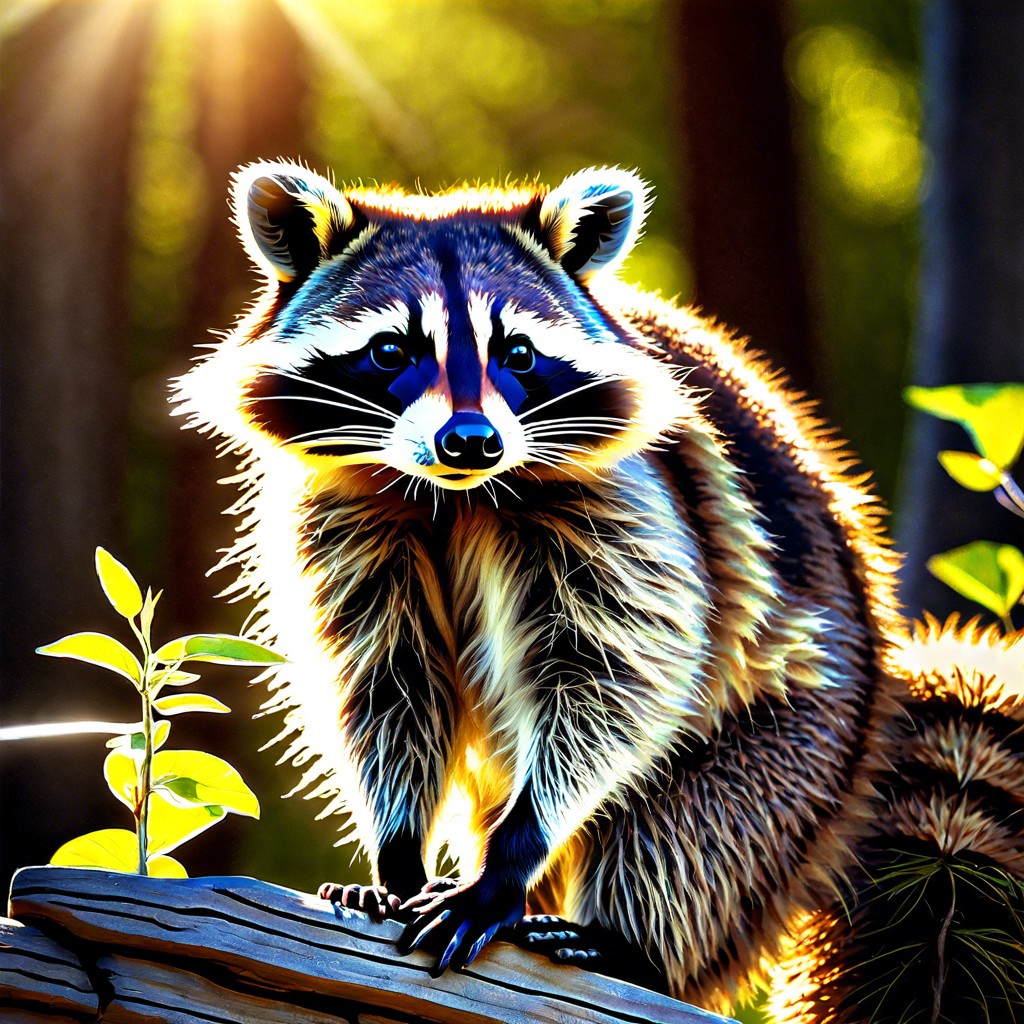In this article, learn about the vulture’s spiritual meaning and what it symbolizes in various cultures.
The vulture, often misunderstood, carries profound spiritual meanings that span across cultures and beliefs. Dive into the symbolism of transformation and renewal, discover its role as a spiritual guide, interpret its appearance in dreams, and explore cultural depictions—all while learning valuable lessons from its behavior in nature. This article deciphers the vulture’s potent spiritual messages, offering you deep insights and perspectives that resonate.
Key takeaways:
- Vultures symbolize transformation, renewal, and life cycles.
- They serve as spiritual guides teaching patience and resilience.
- Dream interpretations of vultures reflect vigilance and introspection.
- Cultural depictions showcase vultures’ spiritual significance globally.
- Vulture behavior in nature teaches resourcefulness, patience, and community.
Symbolism of Transformation and Renewal

Vultures are often associated with transformation and renewal. They play a vital role in the ecosystem, cleaning up what is dead or decaying. This act of scavenging represents the cycle of life, death, and rebirth.
In many cultures, vultures are seen as purifiers. By consuming what is no longer needed, they help make room for new growth.
This bird’s ability to soar high in the sky offers a perspective of looking at life from a higher vantage point. It teaches us to rise above challenging situations and view them as opportunities for transformation.
Their keen sense of patience and timing reminds us that growth and change often require waiting for the right moment.
Role As a Spiritual Guide
Vultures are often seen as spiritual guides, offering profound lessons that are essential for our growth. They teach us resilience and resourcefulness. Watching a vulture soar effortlessly on thermals symbolizes an ability to rise above challenges.
Their scavenging nature can be viewed as embodying the principle of making use of what we have, turning waste into sustenance. This speaks to the art of finding value in overlooked places.
Additionally, vultures are patient creatures. They wait for the right moment to act, reminding us to trust the timing of our lives. This patience can lead to greater clarity and wiser decisions.
In many cultures, vultures are connected to purification. They consume what is dead and decaying, aiding in the natural cycle of life and death. This act of cleansing can be interpreted as a metaphor for letting go of what no longer serves us, allowing for spiritual renewal and growth.
Interpretation in Dreams
Seeing a vulture in dreams can be insightful. It often symbolizes the need to watch over a situation carefully. Here are some points to consider:
Dreaming of a vulture circling above suggests you might be overlooking an opportunity. Pay closer attention to your surroundings.
If you see a vulture feeding, it may signify the end of a difficult period. It’s time to let go of what’s no longer serving you.
A perched vulture can indicate a period of waiting or reflection. Patience might be essential to handle coming changes effectively.
Dreaming of being attacked by a vulture could reflect feelings of vulnerability or being preyed upon. It’s a call to safeguard your emotional well-being.
Cultural Depictions and Their Spiritual Significance
In various cultures, vultures hold unique and profound spiritual significance.
In Native American traditions, they are often seen as purifiers, essential for removing decay and maintaining balance in nature. Vultures embody the cycle of life, death, and rebirth, symbolizing a crucial aspect of transformation.
In Egyptian mythology, the vulture was associated with the goddess Nekhbet, a protective deity. She represented maternal care and nurturing, pointing to the vulture’s role as a guardian.
In Tibetan Buddhism, vultures are part of the sky burial rituals. This practice highlights the Buddhist belief in impermanence and the transfer of energy, underscoring themes of detachment and spiritual continuation.
These diverse cultural depictions emphasize the vulture’s role in life’s natural cycles, presenting them as significant spiritual symbols across different traditions.
Lessons From Vulture Behavior in Nature
Vultures are master conservators of the environment. They teach us the importance of resourcefulness. By consuming what others leave behind, they highlight an often-overlooked lesson—how to make the best of available resources.
Their keen eyesight symbolizes the value of perspective. Vultures remind us to stay vigilant and aware of our surroundings, encouraging us to see opportunities where others might see obstacles.
Patience is another valuable trait. Vultures often wait hours or even days for the right moment to feed. From this, we learn the virtue of waiting for the right timing in our own endeavours.
Their communal living underscores the importance of community and cooperation. By working together, vultures thrive. This behavior suggests that collective effort often yields better results than going solo.
Lastly, their role as nature’s clean-up crew underscores the significance of cleansing and letting go. Vultures encourage us to rid ourselves of what no longer serves us, promoting spiritual and emotional renewal.





